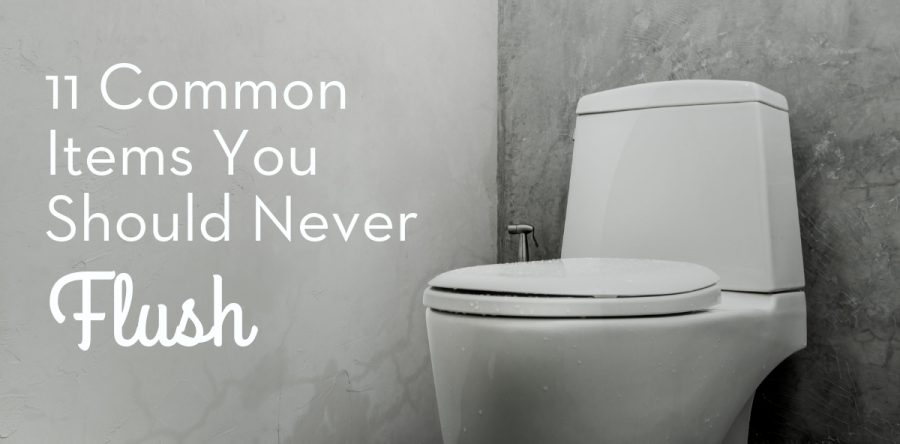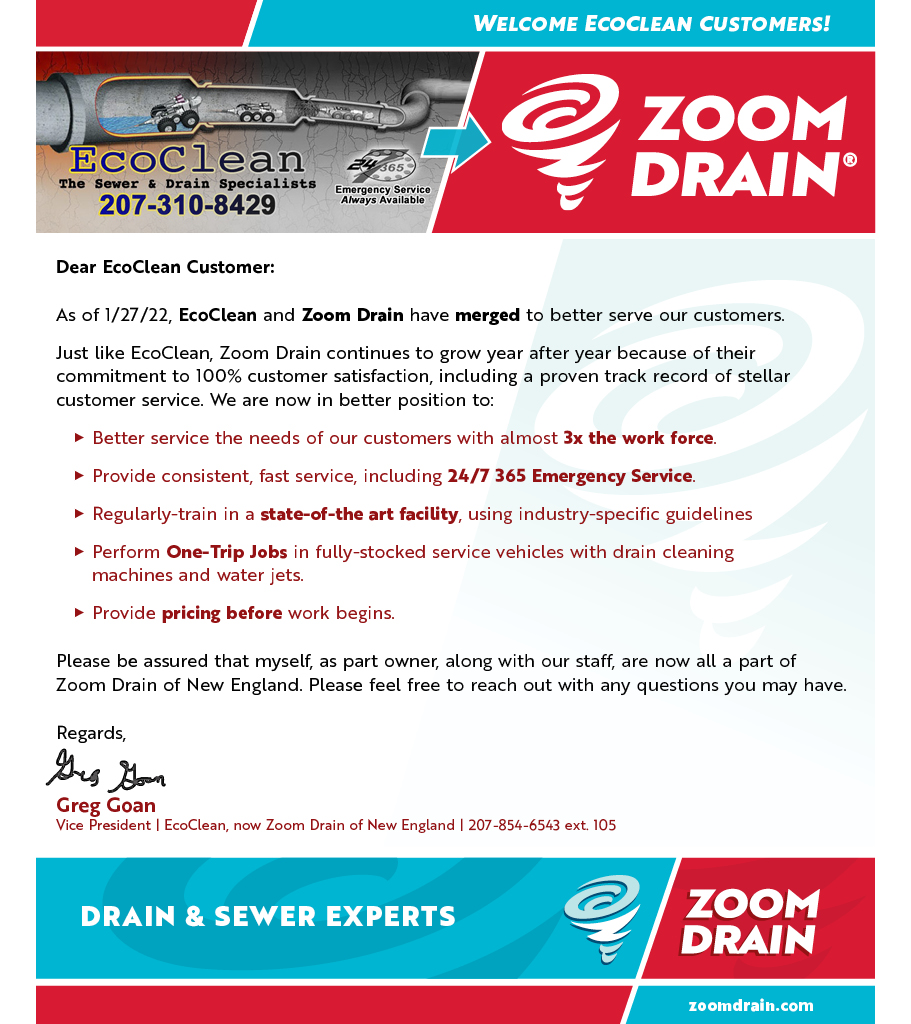Parents of young children may have had at least one experience with a child attempting to flush something they shouldn’t down the toilet, such as a toy, cell phone, keys, etc. As frustrating and occasionally humorous as it can be to deal with a child’s fascination with flushing foreign objects, it can also lead to a clogged toilet.
While they typically aren’t flushing toys or keys, adults can be just as guilty of flushing things they shouldn’t that could lead to a blocked toilet, including:
1. Baby wipes. Many wipes are labeled as flushable, so it makes sense that many parents think it’s safe to dispose of them in the toilet. However, wipes are a common source of clogged pipes. That’s because wipes simply won’t break down in water the way toilet paper does, and they can become trapped in the pipe.
2. Diapers. Believe it or not, some new parents try to flush diapers down the toilet. Diapers are already large to begin with, so even if you do manage to get one to go down the drain, it may get stuck there, since diapers are designed to expand in water.
3. Cotton swabs and balls. While these items may seem small and harmless, they don’t break down in water and are also prone to clumping up together in pipes, causing a blocked toilet.
4. Dental floss. It can be tempting to drop floss into an open bowl when you’re done cleaning between your teeth. What harm could it do? Turns out, the answer is – plenty. Floss can wrap itself around any other items trapped in pipes, resulting in instant clogs. It’s also bad for the environment.
5. Feminine hygiene products. Much like diapers, these products are meant to absorb water, which means they could expand once they’re in your pipes – leading to a potential clogged toilet.
6. Condoms. These products don’t break down in water and can easily cause a clog once flushed. Dispose of them in the trash instead.
7. Paper towels and tissues. OK, these are paper products, but unlike toilet paper, they simply aren’t designed to break down the same way in water. Plus, paper towels can be quite large, and could quickly bunch up and cause a clog.
8. Medication. If you no longer need a prescription medication you may think you are being responsible by disposing of unneeded pills by flushing them down the toilet. However, flushed medications can have toxic effects on groundwater supplies and wildlife. If you aren’t sure how to get rid of unused medication, the U.S. Food and Drug Administration has several tips on safe disposal options.
9. Cigarette butts. While water can certainly ensure that a cigarette is really out, it’s never a good idea to drop them in the toilet. For one, it’s a waste of three gallons of water to flush one small cigarette butt. Second, cigarette butts are full of toxic chemicals that could end up in the water supply.
10. Cat litter. Disposing of animal waste in the same place as human waste may seem like it makes sense, but most cat litter is made from clay and sand – two things that are definitely not good for your toilet and pipes. Not only could it lead to a clogged toilet, the toxins and parasites contained in cat waste are also bad for the water supply.
11. Cooking grease. Many cooks know it’s important to never pour cooking grease down the kitchen drain because as it cools it can quickly congeal, clogging your kitchen pipes. The same thing holds true for the pipe connected to your toilet, so don’t try to dispose of it there either. Instead, wait for grease to cool and then scrape it into the trash.
If one of these items, or something else not meant to travel through sewer pipes, is causing an issue with your toilet call EcoClean. Our trained plumbing experts can inspect your pipes and remove the source of the blocked toilet.


